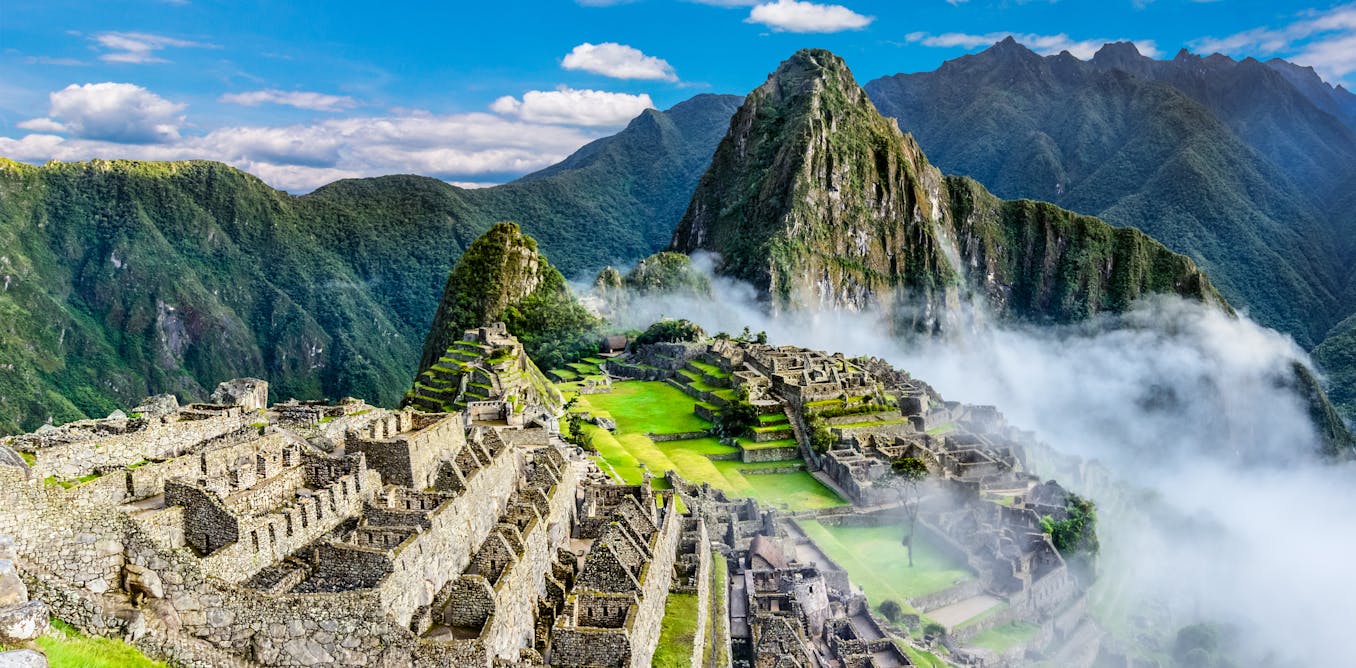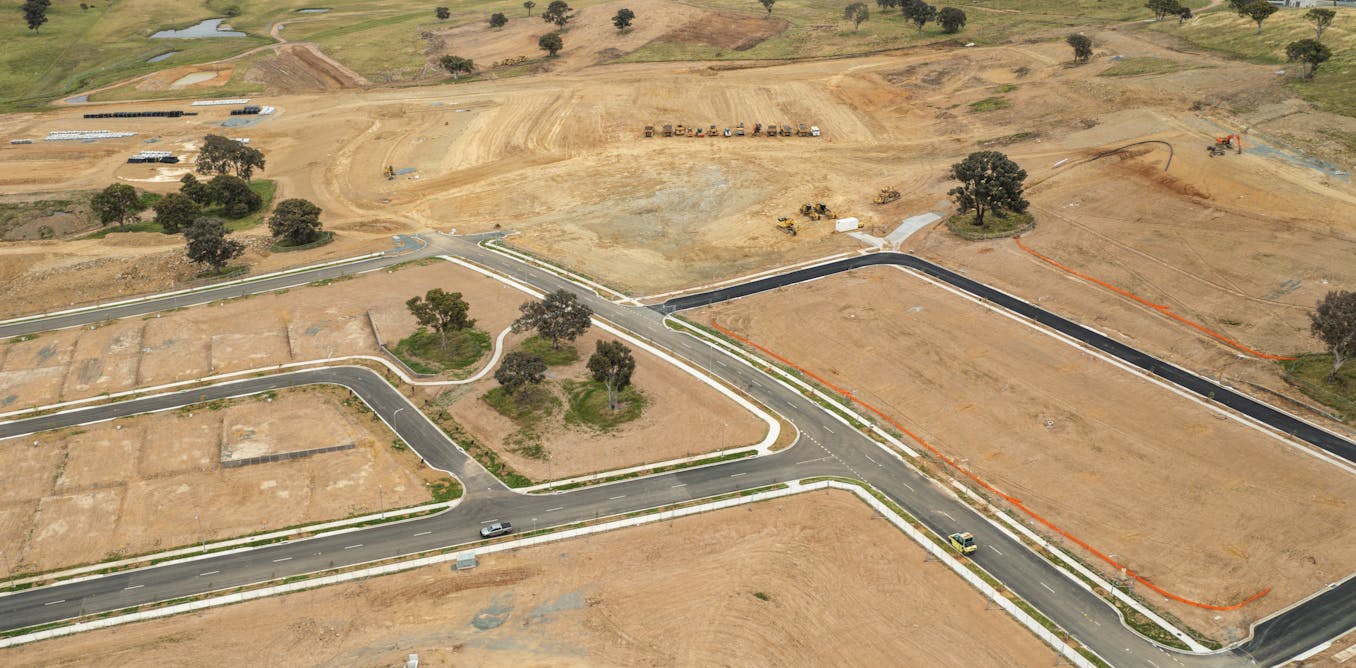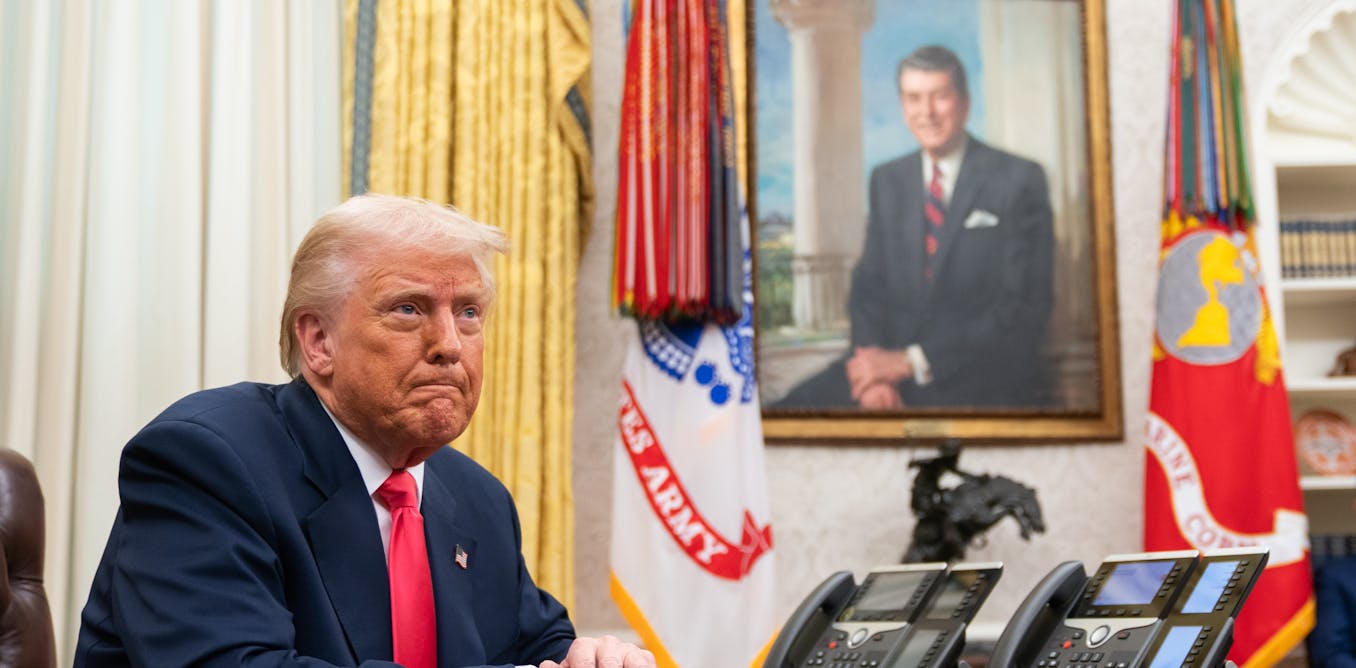After the military coup in Myanmar in 2021, the Chin ethnic minority took up arms. The Chin people are fighting to defend their territory, their identity, and their democratic principles against the junta.
In the mountains in the remote west of Myanmar, a bitter war is raging. The Chin, a primarily Christian minority, still control most of the area after putting up a fierce resistance against the Myanmar military.
The resistance fighters train in the mountains along the Indian border. Hundreds of young people gave up their jobs or studies to join the battle. Although they’re equipped with little more than light weapons, they’re determined to stand their ground. But the civilian population is paying a high price for the war. Thousands of villagers have been bombed by the junta, their homes destroyed. Many have been forced to flee. Nevertheless, the Chin remain committed to the fight to overthrow the military regime.
#documentary #dwdocumentary #Myanmar
______
DW Documentary (English): https://www.youtube.com/dwdocumentary
DW Documental (Spanish): https://www.youtube.com/dwdocumental
DW Documentary وثائقية دي دبليو (Arabic): https://www.youtube.com/dwdocarabia
DW Doku (German): https://www.youtube.com/dwdoku
DW Documentary हिन्दी (Hindi): https://www.youtube.com/dwdochindi
We’re taking up a frontline position. I need five volunteers, the best among you. Take the M4 rifles. We’re advancing slowly to make sure our mission succeeds. Let’s go! Commander Sang Uk Thang is leading his unit to the frontlines. They’re fighting a war in the mountains and plains of Myanmar…
Out of sight from the rest of the world. Go in! Go, go, go! The 30-year-old commander studied theology before taking up arms to fight the junta. The military has been in power in Myanmar since the coup in February 2021. Sang Uk Thang now leads a battalion of nearly 600 people.
Get in position and fire if you need to. The junta troops are about 400 meters away from us. Over there, in those buildings. If the military soldiers, the junta sees us, we will be shot at. We need to run, OK? You’re ready? Come on. Go, go, go. After 28 days of intense fighting,
The commander and his unit managed to take this police station from the junta. Here in the destroyed town of Thantlang, only 200 meters separate the two armies. If the junta will come, it’s not clear. But if they come, we will shoot. We will kill them. We are ready to die for Thantlang.
This is our town. This is where we grew up. We will fight for democracy. Journalists reporting on this “forgotten war” have to drive many hours through the mountains. And foreign reporters are not welcome in Myanmar. Entering the country requires taking detours to avoid military checkpoints, and crossing this river.
On this side is India, a country at peace. And this is Myanmar, a country in chaos. Hello. Welcome to Chinland. Welcome to Burma. An impoverished, remote mountainous region on the border between India and Bangladesh, Chin state is home to some 500,000 Chin people.
They are one of the 135 ethnic groups that were officially recognized after the country gained independence from British colonial rule. Chin people began converting to Christianity in the late 19th century, during the colonial era, and have long been marginalized. Ninety percent of Myanmar’s population is Buddhist.
Chin state has struggled to gain greater autonomy for more than 30 years. Here in the middle of the jungle, the Chin have set up a camp. This is the headquarters of their political and military campaign against the military regime. The coup on February 1, 2021,
Put an end to ten years of democratic transition in Myanmar. The Chin subsequently broke the nationwide ceasefire agreement and took up arms against the junta. Within a few weeks, hundreds of young people answered the call to arms, and joined the CNA, the Chin National Army. Look down! Sing!
Before the coup, the CNA numbered just a few hundred soldiers. Today it has over 2,000 – mostly young people who grew up in a peaceful Myanmar. Both men and women don the uniform to take part in what they call a revolution. First Officer. Personal ID number?
When was this? Is there an ID number? On the day the military seized power, I didn’t realize what was happening. Communications networks and television stations were cut off. I felt like my life was sinking into darkness. At first, we protested. We took to the streets and shouted slogans at demonstrations.
But you can’t end a coup with protest alone. If you want to defeat the junta, you have to take up arms. Grace Sui Hlawn Tial works at the War Department at Camp Victoria, the headquarters of the Chin National Army. The 25-year-old gave up her law studies to join the resistance.
Grace shares a room with another female recruit, the same age as her. Life in the camp isn’t easy for this young city woman. There’s no running water or internet, and there’s only electricity for a few hours a day. To be honest, I miss my home… but I don’t have a home anymore.
The junta destroyed my house. Sometimes I want to stop and run away. But if our small group of resistance fighters gives up, there will be no more revolution. The situation will stay the same, and the people of this country will never live in peace. Young people who believe in democracy
Aren’t the only ones who joined the resistance. After the coup, a few soldiers from the Tatmadaw, Myanmar’s all-powerful army, also enlisted. They’re part of the Chin ethnic minority, and would rather be deserters than wage war against their own people. After 20 years in the Myanmar Navy,
Corporal Aung Ko Ko Win now serves in the CNA. He trains new recruits in the use and maintenance of weapons. Hold on, it still needs to be oiled. The CNA soldiers only have these old machine guns for combat. They get them from other ethnic rebel groups
Or take them off dead soldiers who served the Myanmar junta. The junta has a whole arsenal of weapons. It’s not an even fight. When I was in the regular army, our heavy weapons, cannons, and ships came from China. We bought smaller arms from North Korea. We also had some weapons from Russia.
If the CNA could make or get better weapons, I think this war would be over much sooner. But old weapons are all the CNA has. The soldiers here face an enemy that’s better armed and better trained. Taking inspiration from Ukrainian fighters, the Chin are modifying civilian drones to launch air strikes.
Their targets are the tanks and supply convoys of Myanmar’s armed forces. In return, the junta has targeted Thantlang, a town once home to 12,000 people. The CNA has set up a command post here. The town has seen the fiercest fighting since the civil war began.
The junta has bombed the town more than a hundred times in recent months. It’s desperate to recapture this strategically important area. But after winning a battle at the Thantlang hospital, the CNA now controls more than 70 percent of the town. I’m sad because I lost friends here. And I’m angry.
But I don’t want vengeance – I want to defend my country and my people. Even if some of us have to die. We are all willing to sacrifice our lives to defend this place. We’ll fight ‘til the end. We’ll fight on. After more than two years of civil war and almost daily bombardments,
Thantlang is now a ghost town. But recently, former residents have started venturing back to the liberated areas. Nun Cung, his wife, and their daughter are returning to their neighborhood for the first time. The family left the town in August 2021, six months after the coup. That’s when the military regime
Began attacking the area and its civilian population. Two years later, Thantlang is still deeply scarred by the war. Since the coup, more than one-and-a-half million people in Myanmar have been forced to flee their homes. They now live as refugees in their own country. A third of Chin state’s population has been displaced.
About 100 families from Thantlang now live here, a four-hour drive away. Tial Tin Dim used to run a small grocery store in Thantlang. Nun Cung worked as a farmer in the fields outside the town. But there’s no work in the refugee camp.
The family can only get by with the help of small NGOs. Come and eat! Sit down! Have you washed your hands? Lord, your grace is so precious. You created darkness, but you guide us by your light. We thank you, God, our Lord. We will eat and thank you for this meal.
Lord, we ask for your glory and goodness. In the name of Christ, amen. Their meals are always the same: white rice, fermented shrimp paste, and occasionally some cabbage leaves from the neighbor’s vegetable patch. We rarely eat meat. Once or twice a year, animals are slaughtered to mark religious holidays.
Our children have a protein deficiency, because they hardly ever eat meat. Some of the 100,000 displaced Chin are playing important roles in the struggle, even if they aren’t fighting. When I see you in the hall, you look well. But here you look sick. What should I do with you?
Dr. Amos and his wife Rebecca, a nurse, run the only hospital in this Chin-controlled region. After taking part in anti-regime demonstrations, they had to leave their jobs at a state-run facility. They then took over a pharmacy, funded by donations from the diaspora in the United States.
I’m fortunate to work with my wife. Everything is easier as a couple. If I had to do it all by myself, I would just be stressed and depressed. But we support each other. If one of us has a bad day, the other steps up. We rely on each other.
Dr. Amos only graduated from medical school three weeks before the coup. Working here has been baptism by fire. Every day, he has to be a surgeon, anesthesiologist, pediatrician, and gynecologist all rolled into one. Does that hurt? Strange … Film this! See this here? That’s a fetal heartbeat. That’s a baby!
Look! There’s something moving to the right. That’s the baby’s heartbeat! See the movement? I’ve had to learn to interpret x-rays and ultrasounds. I taught myself by watching YouTube videos! A little over a year ago, Dr. Amos and his wife became parents themselves to a baby boy.
Pick out a toy, and we’ll play in the living room. With the ball! Well done, you hit the ball! In times of war, such peaceful family moments are all too often short-lived. The message comes from one of our pastors. To stay careful tonight.
Because it is not safe tonight. There may be a strike. I have no regrets about having our son, but my heart aches for him because of this civil war. I can’t do anything for him and feel responsible for bringing him into this chaos. The hospital was spared that night.
Junta fighter planes, supplied by Russia, shelled another village with 100 residents. The junta dropped two heavy bombs on houses in this village far from the front line. Almost all the people who live here are farmers. Miraculously, most of the residents survived the attack. But two people died.
The community buried a 60-year-old retired teacher and a 37-year-old farmer. At least 6,000 civilians have died since the coup in Myanmar. As the junta loses the battle on the ground, it’s taken to the skies, increasing air strikes. The threat is never-ending. Grace and her friends
Now spend nights in bunkers at CNA headquarters at Camp Victoria. What will you do after the revolution? When schools reopen, I’ll continue my studies. And after that, I’ll continue to serve our cause. And what about you, Tanda? Chanchan says she wants to get married! Do you have a boyfriend?
Not yet! Starting tomorrow, I’ll try to find one! Before I came here, I dreamed of becoming a businesswoman. But I’m not sure I have the necessary skills. Sherry, do you know the words? One of our officers. This is the grave of Sui Len Par.
She was 24 years old. She died when the camp was bombed on January 10, 2023. Even here, at this refuge in the jungle – a long way from the fighting and the frontline – some young CNA recruits have lost their lives. She died on January 10 when they dropped bombs on us.
On January 10, 2023, Camp Victoria was bombed for the first time. Five rebel fighters were killed. More than 300 Chin soldiers have died since the civil war began. They were young, intelligent, and educated – mostly students. They gave up everything for the cause and joined us because they opposed the military dictatorship.
They believed in freedom and were willing to fight for it. I have great respect for them and pay tribute to them every day. Several hundred young people have been left injured or maimed. Those who survive the battles are treated at this makeshift clinic at Camp Victoria.
Was it a mine? Did you step on it? I was trying to recover the bodies of two friends. You are not alone. You must be strong. We have to do amputation. In this month, we have done six people’s amputations. Our civilians, soldiers… there so many young people, men and women,
Without legs and arms. I want to cease this war as soon as possible. At 19, Sam Sung is the youngest of the injured soldiers here. He was hit during his first frontline deployment. A mine killed several of his comrades.
I lost a leg, but I have no regrets because I lost it fighting the junta, fighting for my country and for my people. I have no regrets. I can’t return to the front, but I’ll continue the fight from here. I’ll fight in this war as long as the junta is in power.
These young resistance fighters may no longer be on the National Chin Army’s frontline, but they remain committed to their revolution.
Video “Myanmar – How the Chin are fighting the Junta | DW Documentary” was uploaded on 08/08/2023 by DW Documentary Youtube channel.



































